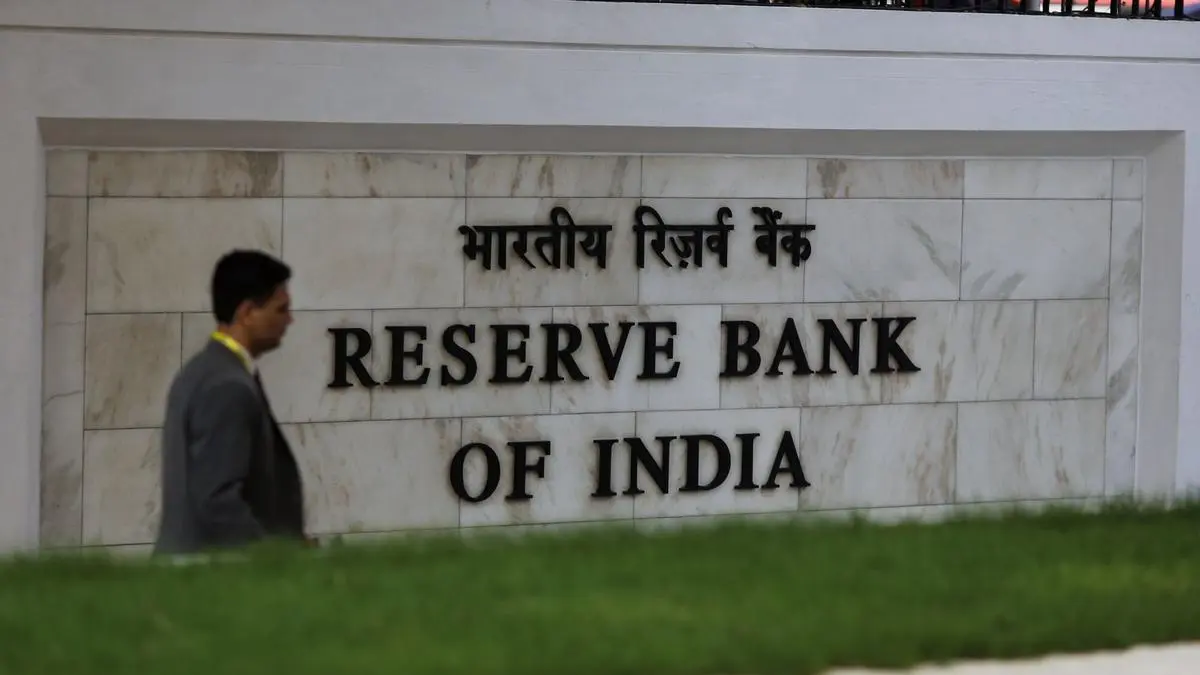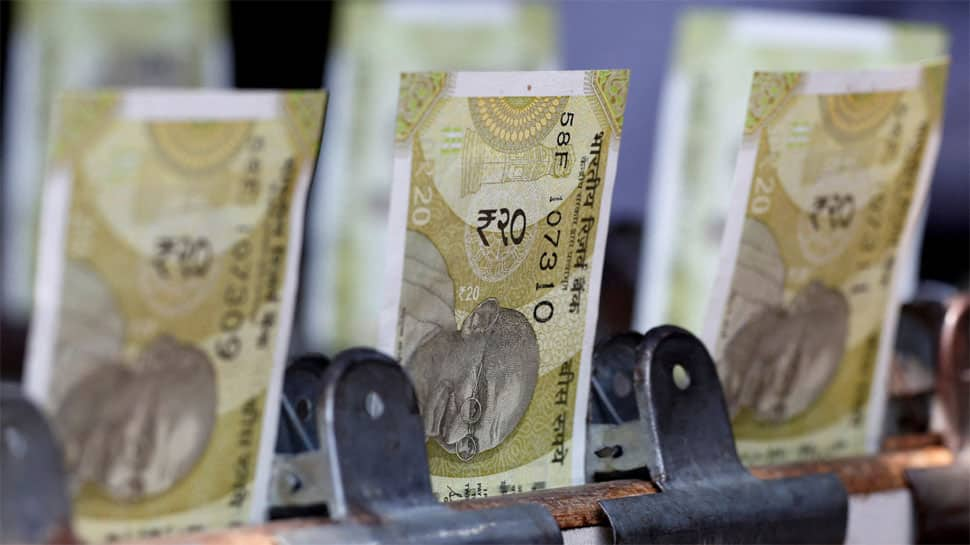Nurses' Strike: Government Orders Swift Action Plan for Pay & Conditions

Government Steps In to Resolve Nurses' Strike with Urgent Action Plan
The ongoing strike by the Ghana Registered Nurses and Midwives Association (GRNMA) has prompted the government to take decisive action. A directive has been issued to the Ministry of Finance and the Fair Wages and Salaries Commission (FWSC) to collaboratively develop a detailed roadmap for the immediate implementation of the nurses' and midwives' demands. This move aims to swiftly resolve the industrial action and ensure uninterrupted healthcare services for the public.
The strike, which began on [Insert Start Date if known], has raised significant concerns about the potential impact on patient care and the overall healthcare system. GRNMA members are demanding improved conditions of service, including better pay, allowances, and enhanced working environments. The association has consistently argued that these improvements are crucial to retain skilled healthcare professionals and attract new talent to the nursing and midwifery fields.
Key Demands and Government Response
The core of GRNMA's concerns revolves around several key areas. These include:
- Salary Adjustments: Nurses and midwives are seeking a review of their current salary structure to reflect their vital role and the demanding nature of their work.
- Hazard Allowances: Increased hazard allowances are being requested to compensate for the risks associated with working in healthcare settings, particularly in the face of infectious diseases.
- Professional Development: The association is advocating for greater investment in continuing professional development opportunities to enhance the skills and knowledge of nurses and midwives.
- Working Conditions: Improvements to working environments, including adequate staffing levels and access to essential equipment, are also high on the agenda.
The government's directive signals a commitment to addressing these concerns seriously. The roadmap being developed by the Ministry of Finance and FWSC is expected to outline specific timelines, budgetary allocations, and implementation strategies for each of the demands.
Impact on Healthcare Services and Public Concerns
The nurses' strike has understandably caused anxiety among the public. While GRNMA has assured that essential services will be maintained, the reduced staffing levels are placing a strain on remaining healthcare workers. The government's swift response is seen as a positive step towards mitigating the potential disruption and restoring public confidence.
Looking Ahead: A Collaborative Approach
The successful resolution of this strike will require a collaborative approach involving the government, the Ministry of Finance, the FWSC, and the GRNMA. Open communication, mutual understanding, and a willingness to compromise will be essential to reaching a sustainable agreement that addresses the concerns of nurses and midwives while ensuring the continued provision of quality healthcare services to the Ghanaian population. The roadmap's details will be closely watched by all stakeholders, and its effectiveness will ultimately determine the long-term stability of the healthcare workforce.
Further updates on the progress of the roadmap and negotiations will be provided as they become available.






